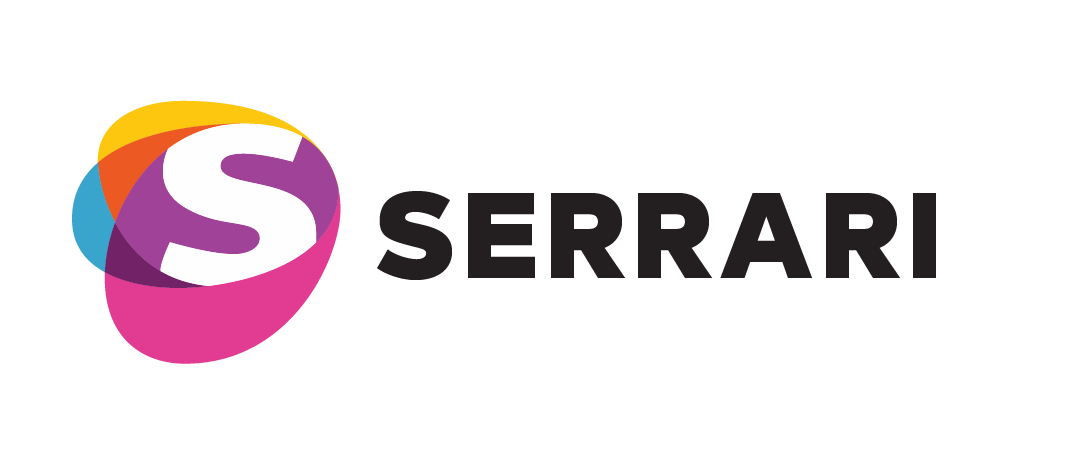In the dynamic world of business finance, understanding and effectively managing financial aspects play a pivotal role in the success and sustainability of any company. Among the crucial components that contribute to a company’s financial health are Business Free Cash Flows, Business Savings, Business Investments, and Business Insurance. Each of these elements serves distinct purposes and holds specific significance in shaping the financial landscape of an enterprise. In this article, we will delve into the differences between these key concepts and explore their individual roles in driving business growth and stability.
Understanding Business Free Cash Flows,Savings, Investments, and Insurance in business
- Business Free Cash Flows:
Business Free Cash Flows (FCF) represent the cash that a business generates from its operations after deducting operating expenses, taxes, and capital expenditures needed to maintain and expand its current operations. In simpler terms, it is the cash available to the business after accounting for all necessary expenses to keep the business running and grow its assets.
Positive free cash flows indicate that the business is generating more cash than it requires to maintain its operations, providing flexibility for the company to pursue growth opportunities, pay dividends to shareholders, reduce debt, or make strategic investments.
- Business Savings:
Business Savings refers to the portion of a company’s earnings or profits that is set aside and retained for future use rather than being immediately spent on operational expenses. Similar to personal savings, business savings act as a financial cushion and serve various purposes, such as:
- Emergency Fund: Creating a reserve for unexpected expenses or economic downturns.
- Capital Expenditure: Funding future planned investments in equipment, technology, or infrastructure.
- Expansion: Accumulating funds to support business growth or market expansion.
- Strategic Opportunities: Having resources available to seize advantageous business opportunities.
Business savings are essential for ensuring financial stability and resilience, allowing companies to withstand economic challenges and make strategic decisions without relying heavily on external financing.
- Business Investments:
Business Investments refer to the allocation of capital by a company into various assets, ventures, or projects with the expectation of earning a return on the invested capital. These investments are made with the goal of enhancing the company’s value, generating income, or securing future growth. Business investments can take several forms:
- Capital Investments: Purchasing fixed assets like property, machinery, or technology to improve productivity or expand capacity.
- Financial Investments: Buying stocks, bonds, or other financial instruments to generate income or realize capital gains.
- Research and Development: Investing in innovation and product development to stay competitive and meet customer demands.
- Business Expansion: Funding new branches, stores, or market entry to extend the business reach.
Business investments require careful analysis and evaluation of potential risks and returns to make informed decisions that align with the company’s strategic objectives.
- Business Insurance:
Business Insurance is a risk management tool that companies use to protect themselves from financial losses due to unforeseen events or liabilities. By purchasing insurance policies, businesses transfer the financial risk to an insurance provider in exchange for premium payments. There are various types of business insurance, including:
- Property Insurance: Protects against damage or loss of physical assets, such as buildings, equipment, and inventory.
- Liability Insurance: Covers legal liabilities arising from accidents, injuries, or negligence that could result in lawsuits.
- Business Interruption Insurance: Provides compensation for lost income and ongoing expenses in case of business disruptions due to covered events.
- Workers’ Compensation Insurance: Offers medical and wage benefits to employees injured on the job.
- Cyber Insurance: Protects against losses resulting from data breaches, cyberattacks, or other technology-related risks.
Business insurance helps companies manage risks and safeguards their financial stability, allowing them to focus on their core operations without the constant fear of significant losses from unexpected events.
Business Finance: Understand the difference between Free Cash Flows, Savings,Investments, and Insurance
| Aspect | Business Free Cash Flows | Business Savings | Business Investments | Business Insurance |
| Definition | Cash generated after deducting operating expenses, taxes, and capital expenditures. | Portion of earnings set aside for future use or emergencies. | Allocation of capital into assets, ventures, or projects for generating returns. | Risk management tool protecting against financial losses from unforeseen events or liabilities. |
| Purpose | Indicates the cash available for distribution, reinvestment, debt reduction, etc. | Provides financial cushion and resources for planned expenses or contingencies. | Enhances business value, generates income, and facilitates future growth. | Transfers certain risks to an insurance provider in exchange for premium payments. |
| Focus | Cash generated by the business operations. | Retained portion of profits or earnings. | Allocation of funds into various assets or projects. | Risk protection and mitigation of financial losses. |
| Usage | Decision-making on dividends, reinvestment, and debt management. | Supporting capital expenditures, business expansion, and emergencies. | Capitalizing on growth opportunities, research, and market expansion. | Safeguarding against property damage, liabilities, business interruptions, etc. |
| Time Frame | Reflects a specific period (e.g., quarterly or annually). | Accumulated over time based on business profitability. | Varies depending on the investment horizon and project durations. | Coverage period based on the insurance policy terms and premiums paid. |
| Measurement | Calculated as Operating Cash Flow minus Capital Expenditures. | Tracked through balance sheets and retained earnings. | Assessed based on returns on invested capital, ROI, or other financial metrics. | Coverage limits, deductibles, and premium costs are key factors. |
| Financial Impact | Indicates the company’s ability to generate surplus cash for growth and stability. | Contributes to financial stability and funding future needs. | Can result in capital appreciation, income generation, or business expansion. | Mitigates financial losses and protects business assets and liabilities. |
Conclusion
In conclusion, comprehending the nuances of Business Free Cash Flows, Business Savings, Business Investments, and Business Insurance is essential for any business owner or financial manager. Each of these financial components plays a unique and vital role in shaping the financial health and sustainability of a company.
Business Free Cash Flows provide valuable insights into a company’s ability to generate surplus cash, empowering them to make strategic decisions on dividends, reinvestment, debt reduction, and more. Business Savings act as a financial cushion, ensuring stability during unforeseen events and providing the resources for planned expenses and future growth opportunities.
Business Investments allow companies to allocate capital wisely, aiming to enhance value, generate income, and facilitate expansion in a competitive market. On the other hand, Business Insurance serves as a risk management tool, offering protection against potential financial losses stemming from unforeseen events or liabilities.
By understanding the complexities of business finance as well as the differences between the various components discussed in this article, businesses can make informed decisions to foster growth, withstand economic challenges, and protect their assets, thereby thriving in any economic landscape.
photo source: Google
Article and News Disclaimer
The information provided on www.serrarigroup.com is for general informational purposes only. While we strive to keep the information up to date and accurate, we make no representations or warranties of any kind, express or implied, about the completeness, accuracy, reliability, suitability, or availability with respect to the website or the information, products, services, or related graphics contained on the website for any purpose. Any reliance you place on such information is therefore strictly at your own risk.
www.serrarigroup.com is not responsible for any errors or omissions, or for the results obtained from the use of this information. All information on the website is provided on an "as-is" basis, with no guarantee of completeness, accuracy, timeliness, or of the results obtained from the use of this information, and without warranty of any kind, express or implied, including but not limited to warranties of performance, merchantability, and fitness for a particular purpose.
In no event will www.serrarigroup.com be liable to you or anyone else for any decision made or action taken in reliance on the information provided on the website or for any consequential, special, or similar damages, even if advised of the possibility of such damages.
The articles, news, and information presented on www.serrarigroup.com reflect the opinions of the respective authors and contributors and do not necessarily represent the views of the website or its management. Any views or opinions expressed are solely those of the individual authors and do not represent the website's views or opinions as a whole.
The content on www.serrarigroup.com may include links to external websites, which are provided for convenience and informational purposes only. We have no control over the nature, content, and availability of those sites. The inclusion of any links does not necessarily imply a recommendation or endorsement of the views expressed within them.
Every effort is made to keep the website up and running smoothly. However, www.serrarigroup.com takes no responsibility for, and will not be liable for, the website being temporarily unavailable due to technical issues beyond our control.
Please note that laws, regulations, and information can change rapidly, and we advise you to conduct further research and seek professional advice when necessary.
By using www.serrarigroup.com, you agree to this disclaimer and its terms. If you do not agree with this disclaimer, please do not use the website.
www.serrarigroup.com, reserves the right to update, modify, or remove any part of this disclaimer without prior notice. It is your responsibility to review this disclaimer periodically for changes.
Serrari Group 2023




